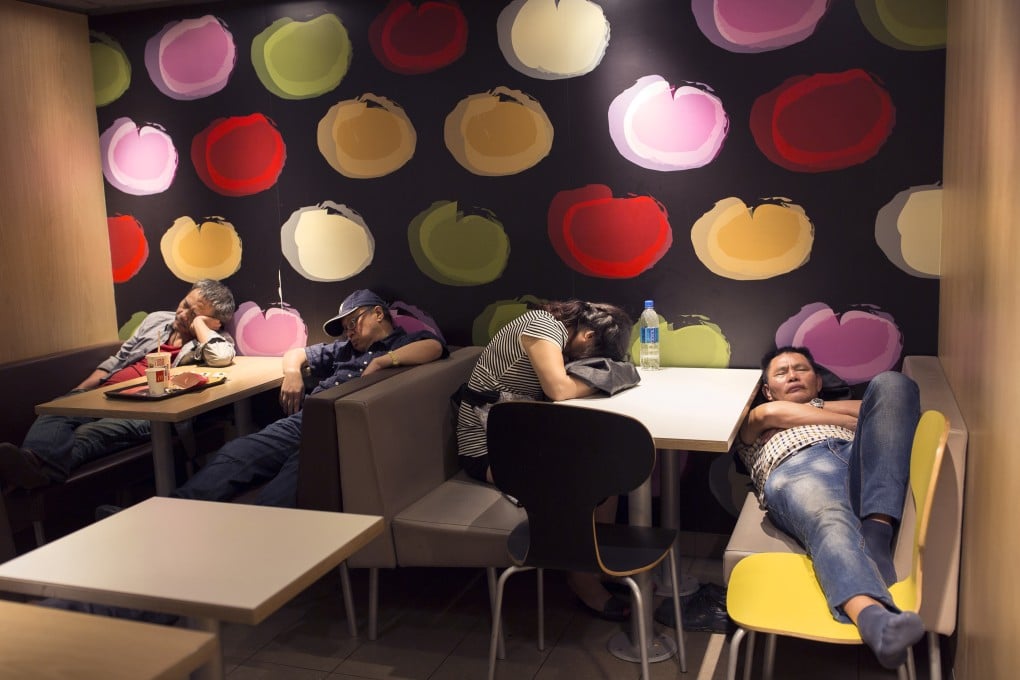'McRefugee' reunites with son in Singapore through media report on Hong Kong's McDonald's sleepers

A Singaporean woman who went missing nearly five years ago has been reunited with her son after her plight was reported in an Associated Press story about people who sleep at 24-hour McDonald’s outlets in Hong Kong.
Mary Seow disappeared after selling off the family home in Singapore.
Family members reported her missing, but her whereabouts were a mystery until she was quoted in the AP story on Nov. 12 about people known as “McRefugees.”
Seow was just one of an untold number of homeless and working poor spending their nights at the 120 McDonald’s restaurants open round the clock in Hong Kong.

But her tale caught the attention of family members, the Singaporean government and concerned citizens, who worked swiftly to reunite the widow with her only son.